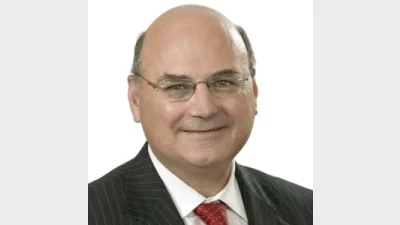Bringing FOFA back into balance



As the financial planning industry moves into 2014 it does so in the knowledge that the Abbott Coalition Government has delivered on its undertakings to address what it regarded as the worst and/or most unworkable elements of the former Labor Government’s Future of Financial Advice (FOFA) changes.
The Assistant Treasurer, Senator Arthur Sinodinos, confirmed the Government’s approach on 20 December and detailed an end to opt-in, clarification of grandfathering, changes to the ban on commissions on insurance inside superannuation, simplification of fee disclosure and clarification on conflicted remuneration.
Importantly, too, Sinodinos announced a change to the so-called “catch-all” provision on best interests “so that advisers can be certain they have satisfied their obligations under the best interests duty”.
Hardly surprisingly, the Government’s changes to FOFA were broadly welcomed by the Financial Planning Association and the Association of Financial Advisers as well as the Financial Services Council.
Equally unsurprisingly, the changes were criticised by Industry Super Australia, with its spokesman David Whiteley claiming that the existing arrangements had been “the result of years of debate and negotiation” and that “a number of concessions were made by the previous Labor Government to the banks and financial planners before the current laws were passed in 2012”.
Few people in the financial planning industry would agree with Whiteley’s analysis of how the Labor Government’s FOFA formula was arrived at – and indeed, the Coalition’s pre-election promises to specifically alter the FOFA legislation were owed to a widely-held belief that undue weight had been given to the agenda pursued by the industry superannuation funds.
Indeed, it is worth remembering that prior to the now Opposition leader, Bill Shorten, taking charge of the financial services portfolio, there had been political bipartisanship as evidenced by the original report of the Parliamentary Joint Committee and broad industry unanimity on the changes that were necessary. Controversial elements such as opt-in, fee disclosure and grandfathering were owed to the processes Shorten allowed.
The financial planning industry has never greatly resisted the core elements of the Future of Financial Advice changes, with the vast majority of planners acknowledging that the changes were necessary and would help foster a more professional and sustainable sector.
The changes announced by Senator Sinodinos in December are not radical – but the Government should be careful about how they are implemented to ensure the underlying effectiveness of FOFA is not undermined.
Recommended for you
In this episode of Relative Return Insider, host Keith Ford and AMP deputy chief economist Diana Mousina break down the spike in inflation numbers and what it means for the possibility of a rate cut as we move into the new year.
In this episode of Relative Return Insider, host Keith Ford and AMP economist My Bui explore Prime Minister Anthony Albanese’s trip to the US and the critical minerals deal stemming from his meeting with President Donald Trump.
In this episode of Relative Return Insider, host Keith Ford and AMP chief economist Shane Oliver unpack the latest unemployment numbers and what they mean for a rate cut, as well as how the latest flare-up in the ongoing US–China trade dispute has highlighted the remaining disparity between gold and bitcoin.
In this episode of Relative Return Insider, host Keith Ford and AMP chief economist Shane Oliver take a look at the unfolding impacts and potential economic ramifications of the US government shutdown and the surge in gold and bitcoin prices.







